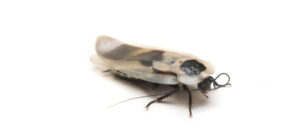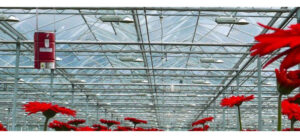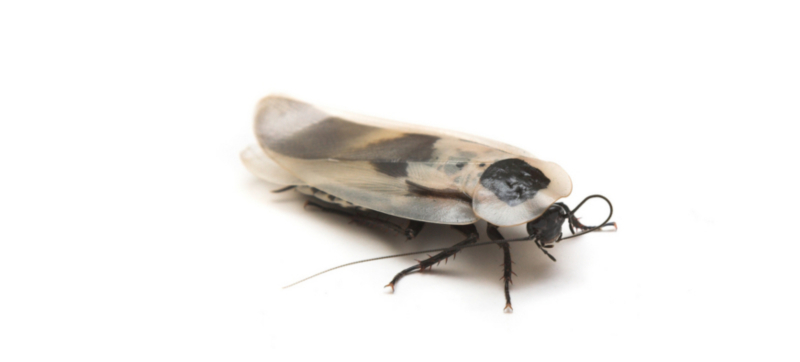Russet Mites: Everything You Need to Know
Russet mites, or russet mite aculops, are microscopic pests that can wreak havoc on various plants. They can cause significant damage to crops such as tomatoes and hemp. Despite their small size, these mites can have a big impact on plant health, leading to stunted growth, reduced yield, and sometimes even death.
Lets delve into the world of these mites by learning their characteristics. We will go over the damage they inflict on host plants. Also, how farmers can effectively manage and control infested areas.
Continue reading














